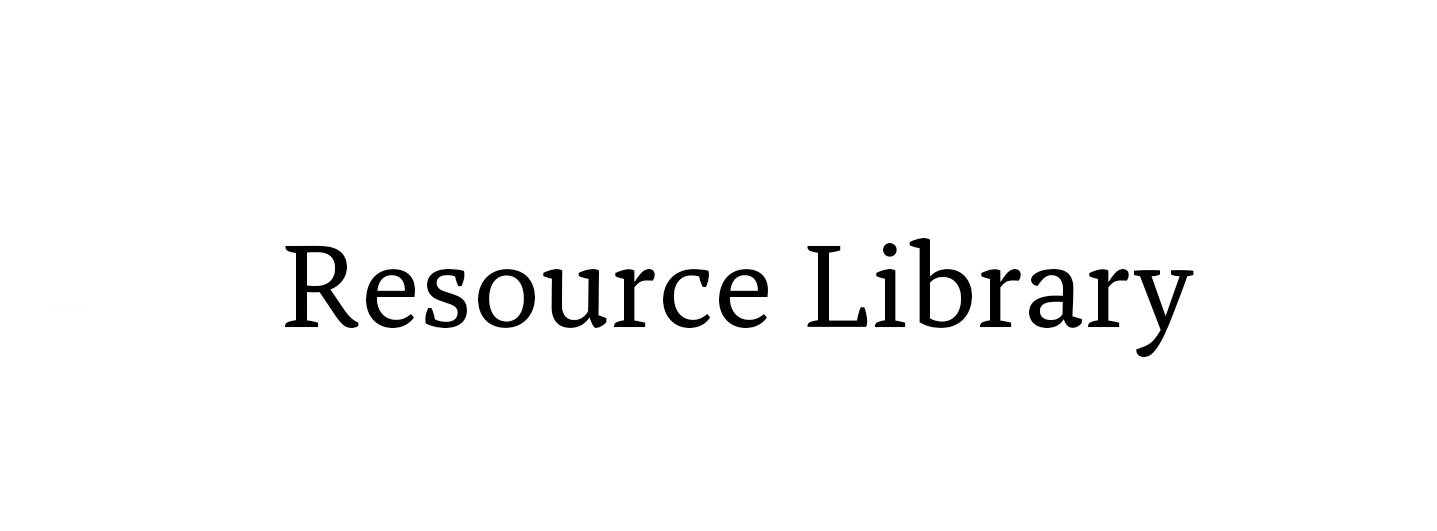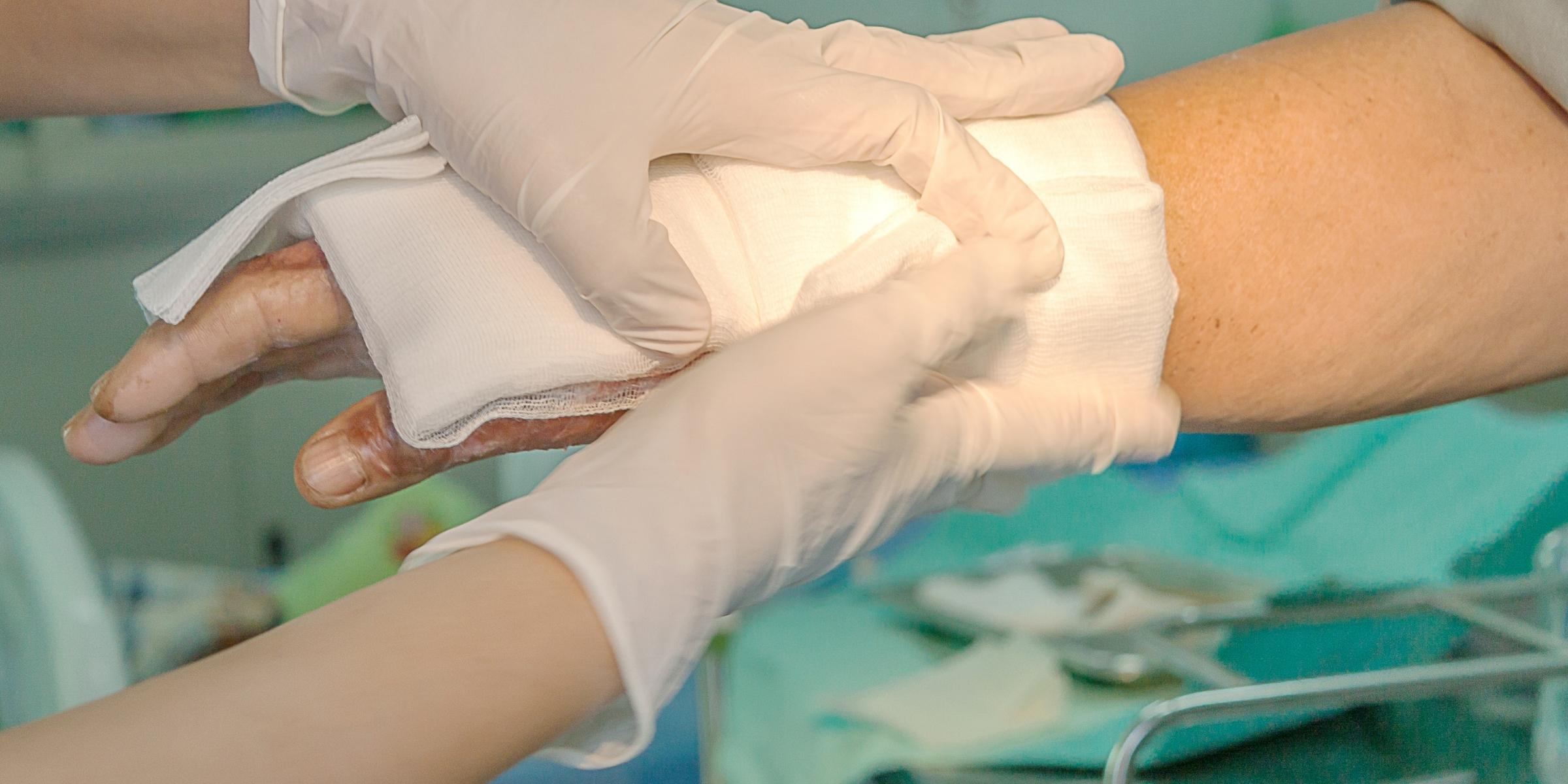People get wounded all the time. We may simply be clumsy, or we might undergo surgery. Wounds might not seem like a big deal for younger people, but as we age, our ability to heal becomes slower. Older adults also have weaker skin, making them even more vulnerable to wounds. Many older adults also have less mobility and dexterity, which means that it can be difficult for them to perform all the tasks associated with caring for a wound. Unfortunately, improper care can lead to infections, which can also have dangerous effects on older people. This combination means that it’s essential to help them keep up with wound care.
What is Wound Care?
Wound care may seem very abstract, since there are so many different types of wounds. Generally, a wound is an area of tissue that was damaged by trauma, which means that it was not naturally damaged. They can be either an open wound, like surgery or puncture wounds, or be a closed wound in the form of a contusion. No matter what the wound is, the body usually tries to heal the wound by growing new tissue and killing any infections. However, as we age, our tissue becomes weaker and our bodies heal slower. This means that wounds can become chronic, meaning they never close, and get infected. Avoiding this is important for overall health.
That’s where wound care comes in. Wound care helps heal all aspects of the wound, so while it starts with simply cleaning the wound and changing bandages, it also can include developing a plan for long-term recovery. Wound care can address nutritional plans for healing, or an exercise regimen to recover usage of the damaged area.
How to Find Wound Care:
Since there are different levels of wound care, there are different types of providers as well. First and foremost, if a wound is a severe health concern, the first step is to visit a hospital. Otherwise, during the healing process, doctor’s visits should be regular but supplemented by other care.
Wound Certified Caregivers
The best option to pursue wound care is to find a wound care certified caregiver or provider. Wound certified caregivers undergo a certification process that includes hospital work, an exam, and board certification. These caregivers can address an older adult’s needs best and are experts at healing wounds, along with other medical knowledge. Wound care certified caregivers are great at consistent care to make sure that a wound heals properly at each step of treatment. You can find a wound care certified caregiver through agencies or through registries. For more information on how to find them, please visit this link.
Dieticians
Diet also plays a large role in healing. Vitamin deficiencies can prevent the body from getting all of the resources it needs to heal a wound, so a proper diet can do wonders. This means that dieticians are essential to wound care. Past making diet recommendations, dieticians can also take older adults’ needs into account, like their ability to chew food. Dieticians and nutritionists can be found through the Academy of Nutrition and Dietetics’ expert finder. If possible, look for a geriatric nutritionist, since they specialize in helping the elderly!
There are many other types of wound care, and the specialists that are necessary depend on the wound. For more detailed information, read this article: https://www.ncbi.nlm.nih.gov/pmc/articles/PMC2697592/




